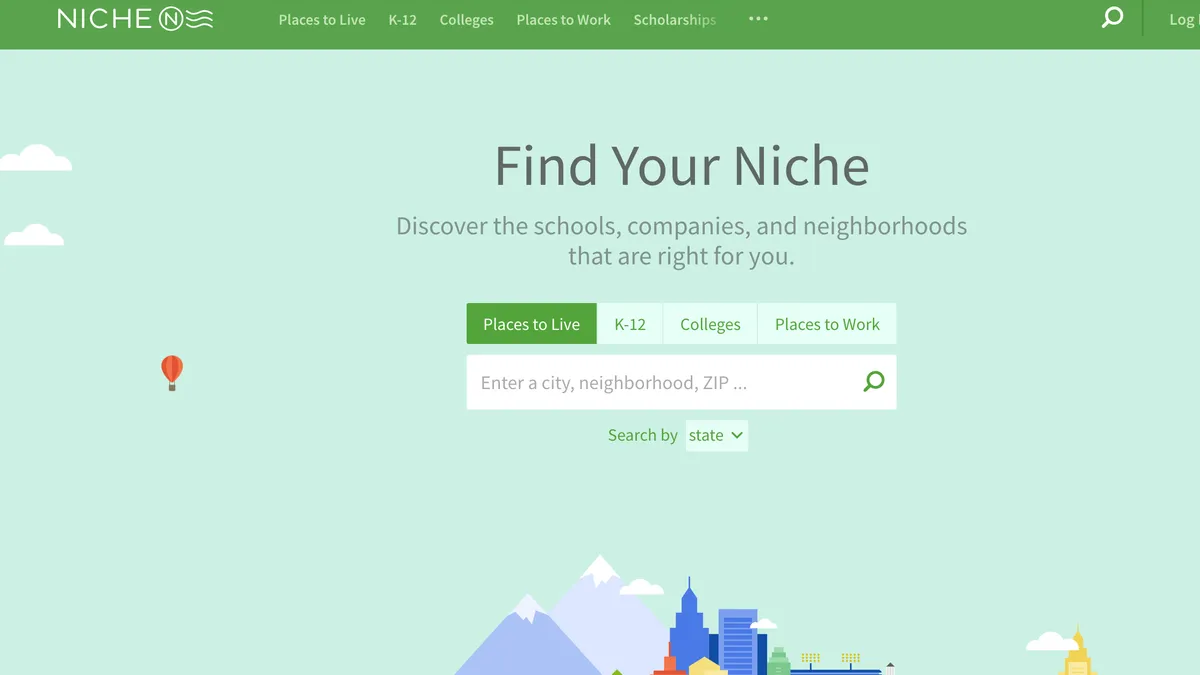Dive Brief:
- City planners can draw new data on quality of life in neighborhoods from online review sites, according to a new study from the University of Buffalo published in the Annals of the American Association of Geographers.
- The study analyzed reviews from more than 7,600 users on the review site niche.com, and found data that is updated more frequently and includes different information that planners can get through surveys and broad data. For example, the researchers found that the reviews had more detailed information on quality of jobs than could be found through neighborhood-level employment data.
- “People are always posting new neighborhood reviews,” University at Buffalo researcher and study author Yingjie Hu said in a statement. “We want to use this resource to discover new information that can support a variety of applications.”
Dive Insight:
Citizen opinions inform everything from zoning to transportation planning, but can be difficult to obtain without costly surveys. Hu’s study found that the online reviews can actually contain different information than the data cities keep. For example, the Niche.com reviews frequently talked about bus and train reliability, information that might not be captured just by looking at metrics like the number of bus lines in a neighborhood (on public safety, Hu found that the reviews largely matched city-level data). Plus, the frequent updating of online reviews means they can highlight issues much faster than the city would be able to find them out.
Hu warns that online reviews can’t be the only source of information, since they come from a naturally self-selecting group of people, however they can give a broad swath of opinions with far less effort than face-to-face surveys. “If you think about what it takes to interview even 100 people, it takes a lot of time and resources,” Hu said. “The neighborhood review data is far from perfect, but it can help to complement other types of data we already have.”
There’s increasing research that shows that using online data can be helpful for city officials in tracking the evolution and quality of life in neighborhoods. A study published last summer in Frontiers in Physics, for example, analyzed Flickr pictures of cultural events in New York City and London and found a correlation with neighborhood growth, increases in home values and the median income of an area. Other studies have used Twitter location data to map out land use patterns. It may not be long until NextDoor and Facebook become the next urban planning tools.











